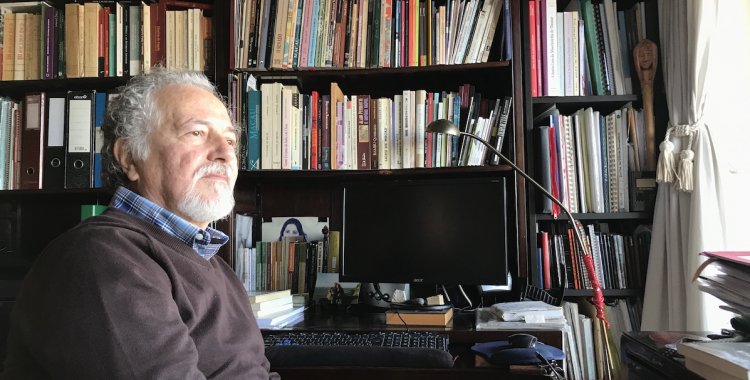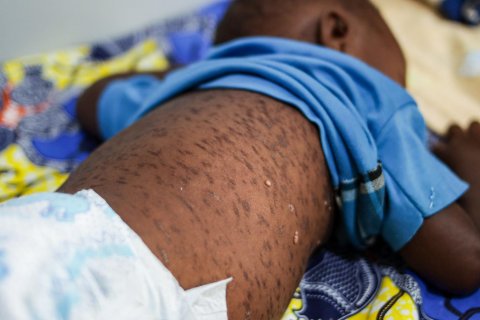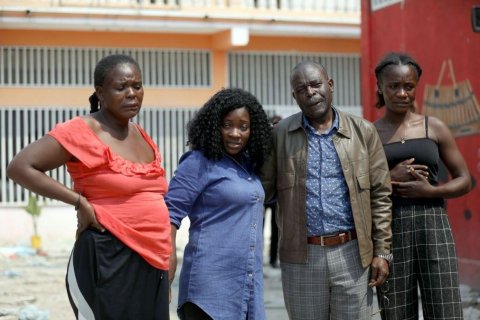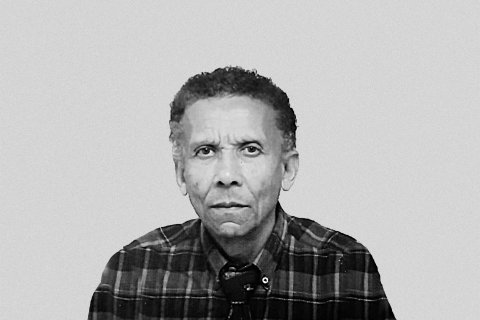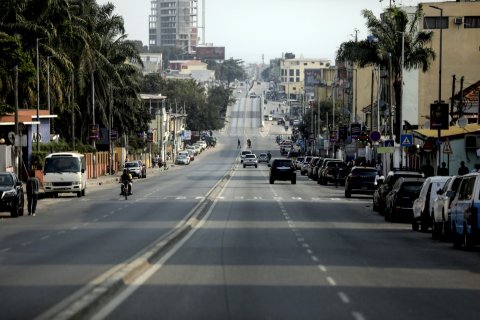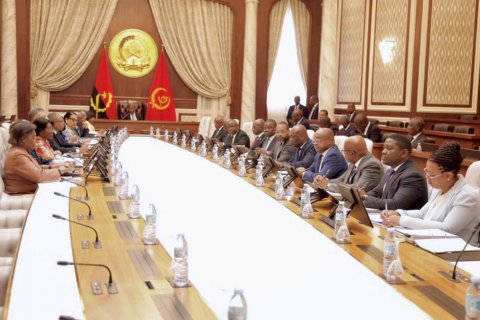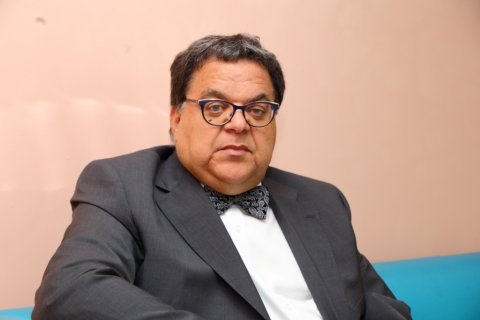The prize, worth 15 thousand euros, will be awarded to the winner, in the corresponding amount in kwanzas, in April, in Angola.
The jury, made up of José Mena Abrantes (President), David Capelenguela and Amélia Dalomba, "was satisfied with the quality of a large part of the works presented this year in competition", which made their final decision more difficult.
“After a deep and careful analysis and crossing their opinions, the jury unanimously decided to award this year's prize to the work “Cuéle - The Troçador Bird”, by Jorge Arrimar, a grandiose and very well documented fresco on a region of Angola rarely present in our literature”, explained the jury.
“The author has perfect command of his expression, both in the writing and definition of the different characters, and in the rigor with which he characterizes ways of being, traditions and behaviors of the various social strata, whether on the African side or on the European side, at a time decisive factor in the development of Southern Angola, in the transition from the 19th century to the 20th century”, the jury added, in a statement sent to VerAngola.
Jorge Arrimar thus combines, in the opinion of the jurors, “naturally, in a simple and fluid style, reminiscences of relevant figures of the time and of his own family history and profusely documented historical facts, which reveal both the outline of a possible harmony in contact between two different cultures such as the violence of one by the other in carrying out the colonial occupation”.
The dstangola/Camões Literature Prize, which distinguishes books published in poetry and prose by Angolan authors, has the mission of becoming a reference in Angola by distinguishing the most prestigious works and authors, with maximum rigor in choosing the winning work.
Over several editions, it has already awarded Zetho Cunha Gonçalves, in 2019, Pepetela, in 2020, Benjamim M’Bakassy, in 2021, Boaventura Cardoso in 2022 and João Melo, last year.
Who is Jorge Arrimar?
Jorge Arrimar was born in Angola and began his higher studies in Luanda, having later completed, in Portugal, a degree in History, a postgraduate degree in Documentary Sciences and a doctorate in Modern History, as well as, in Spain, a doctorate in Documentary Sciences.
He was a Portuguese and History Professor in the Azores, and went to Macau, where he stayed for 13 years, between 1985 and 1998, having held the position of director of the National/Central Library of Macau.
In addition to books from other geographies and genres, he published the following: Poesia – Ovatyilongo (1975); Poemas (1979); 20 Poemas de Savana (1981); Murilaonde (1990); Ovatyilongo, Poesia da Terra (2010); História – Os Gambos, o Humbe, As Guerras do Nano e os Portugueses; Conto – Os Infortúnios de Juvêncio (2013); Mafaldada e os Kimbandeiros (2010); Romance – O Planalto dos Pássaros (2002); O Planalto do Salalé (2012); O Planalto do Kissonde (2013) and Cuéle, o Pássaro Troçador (2022).

